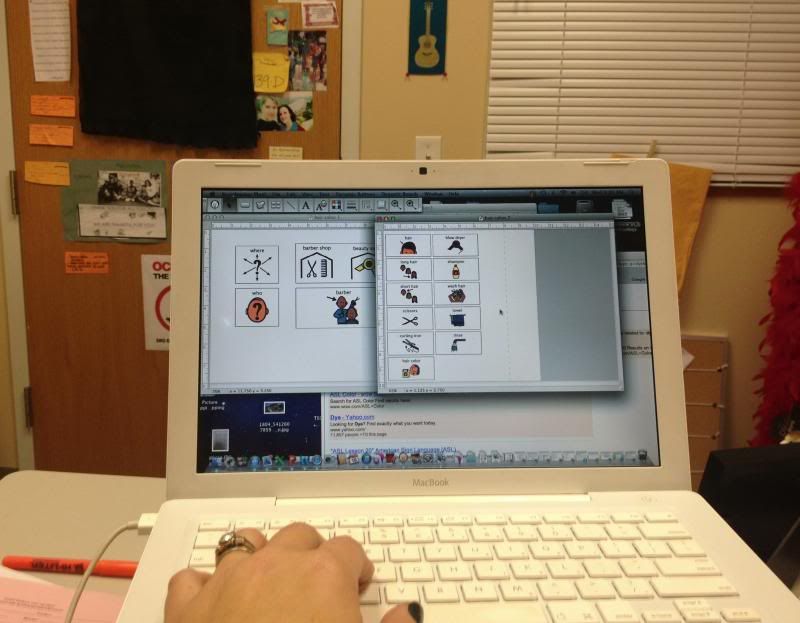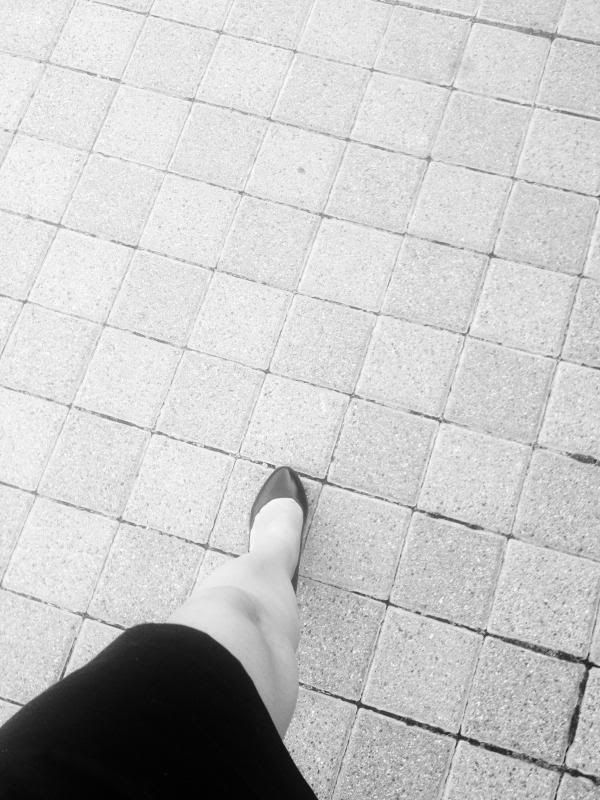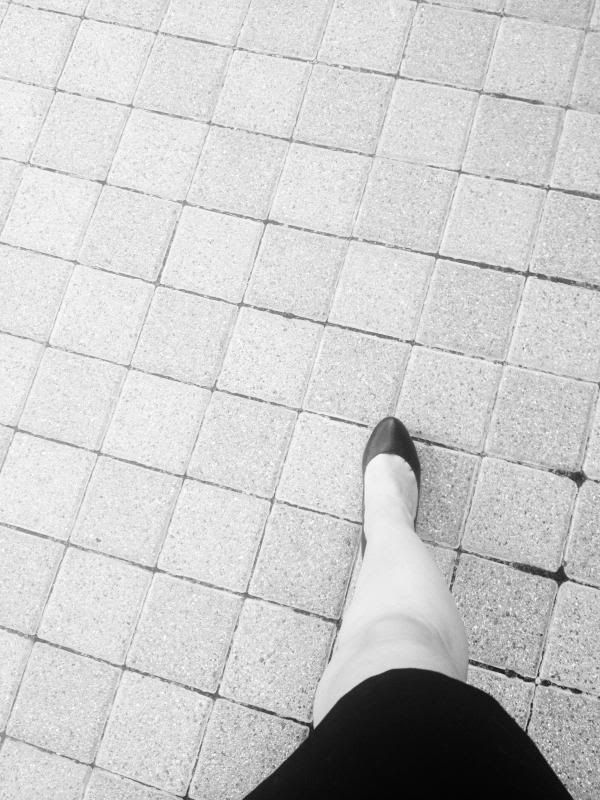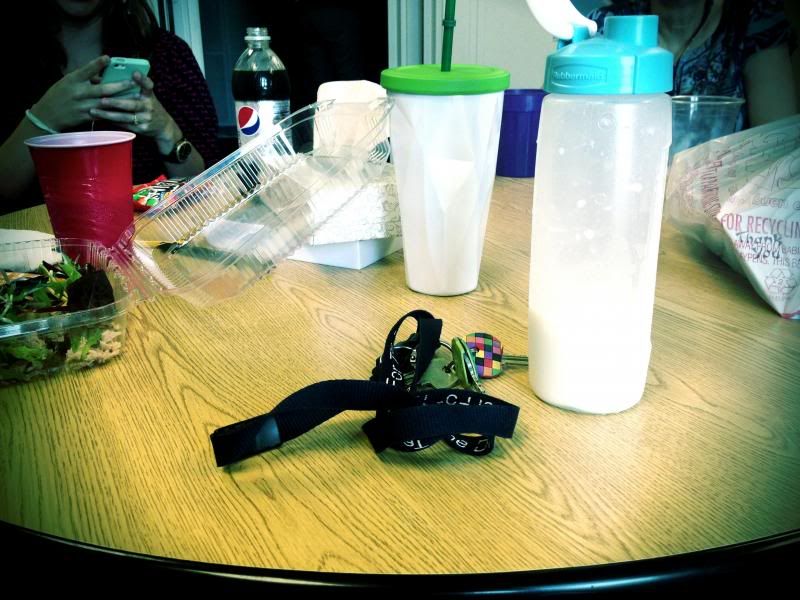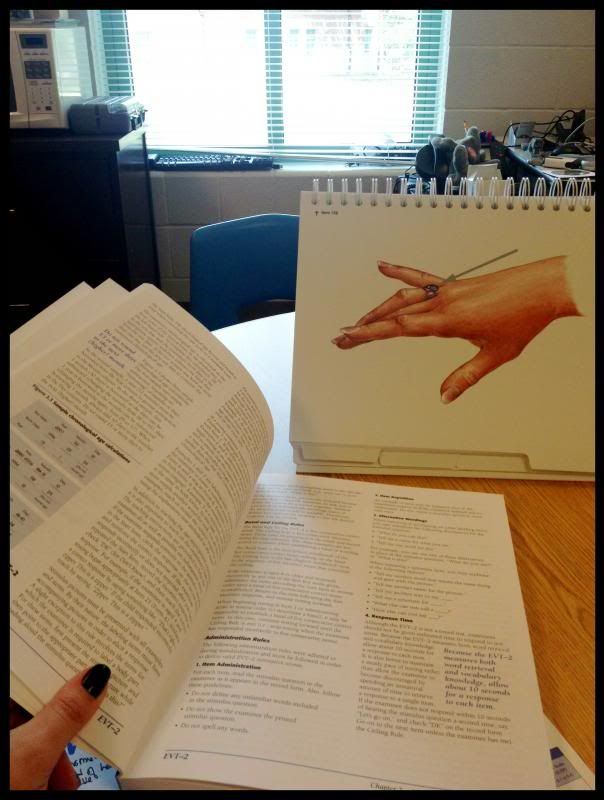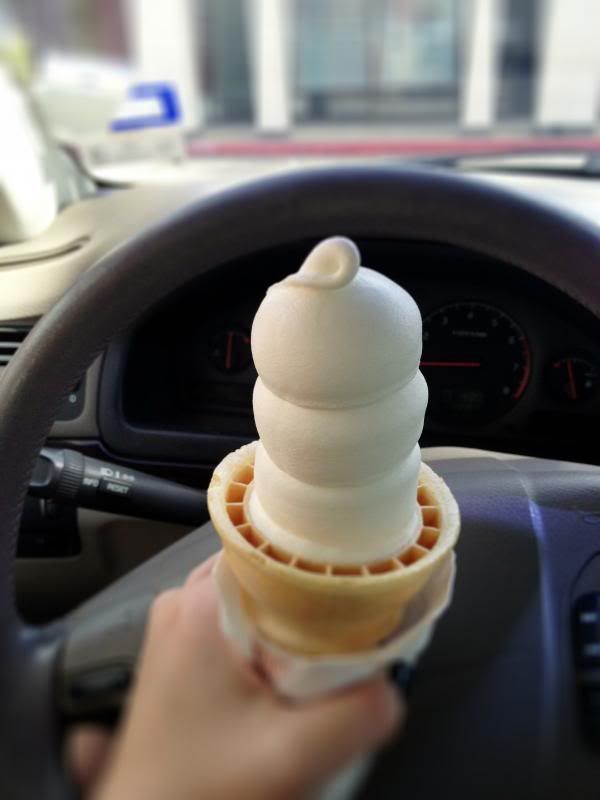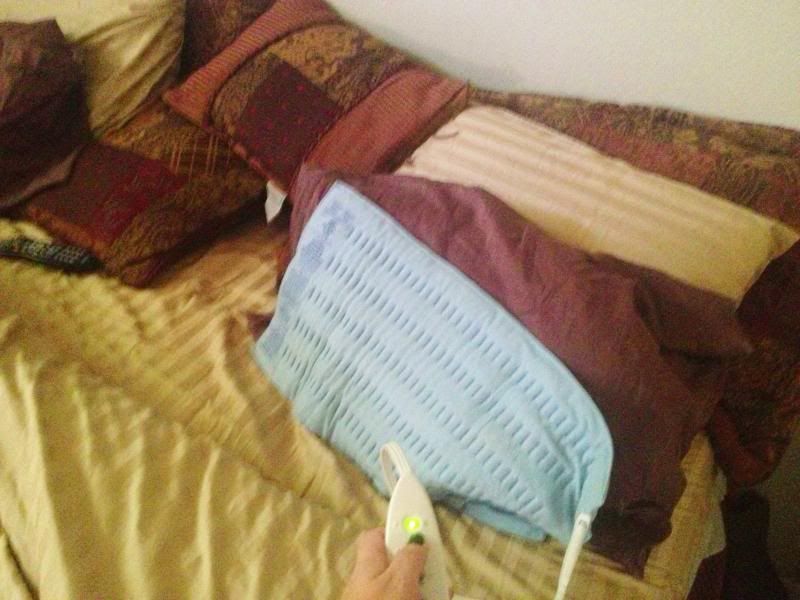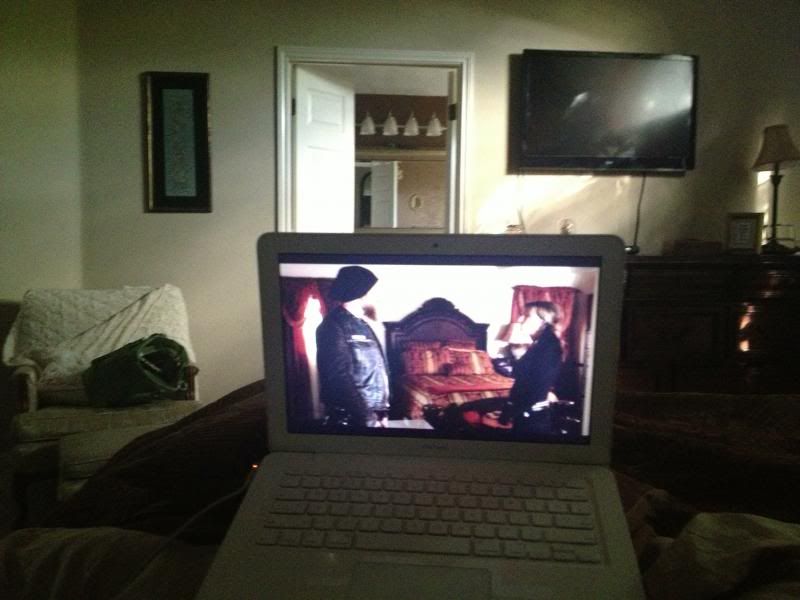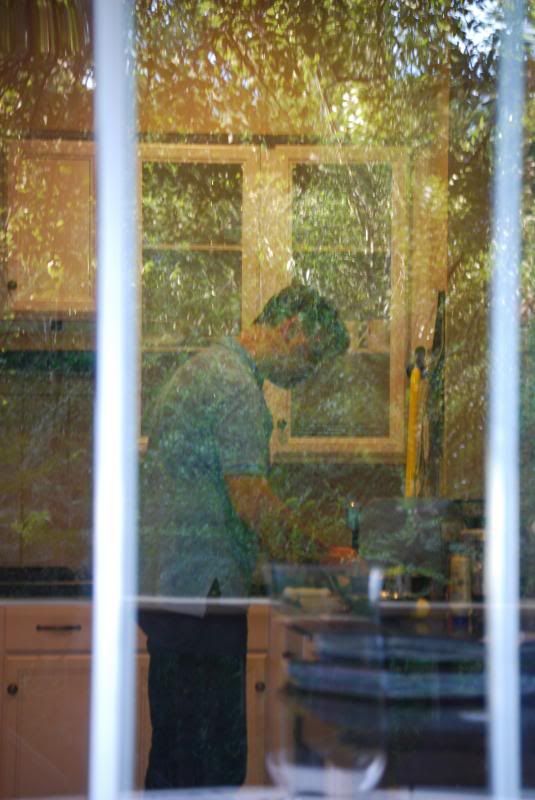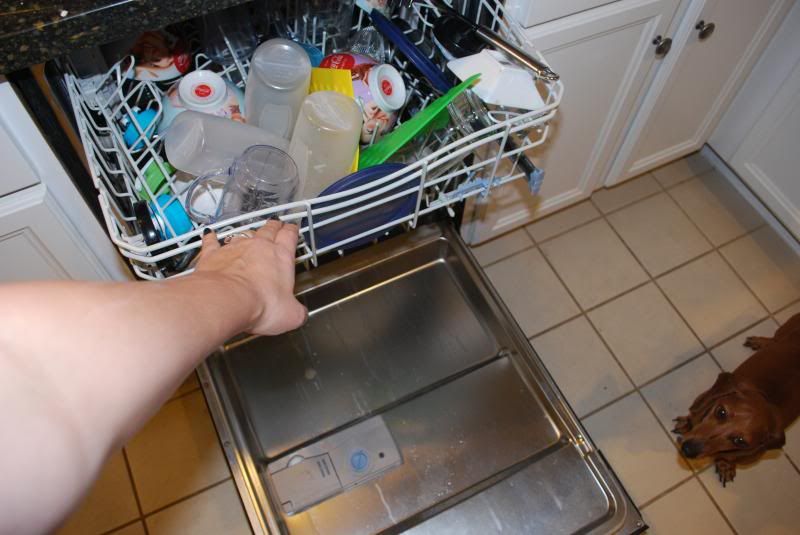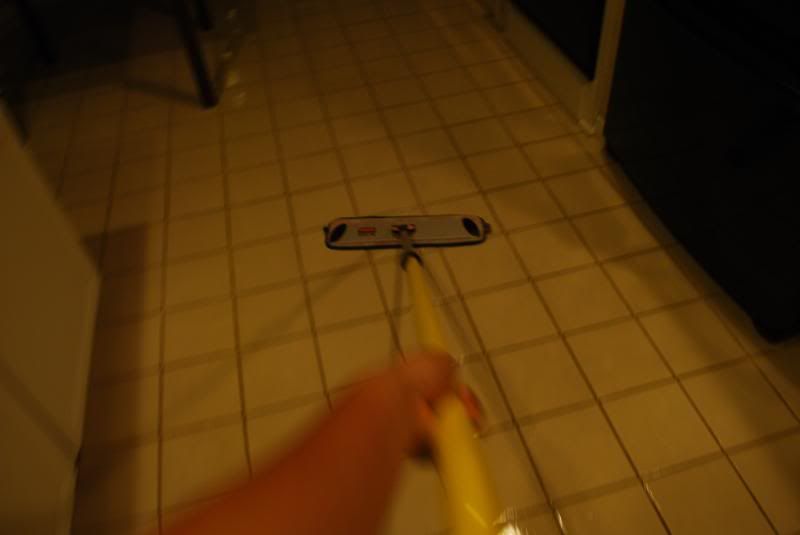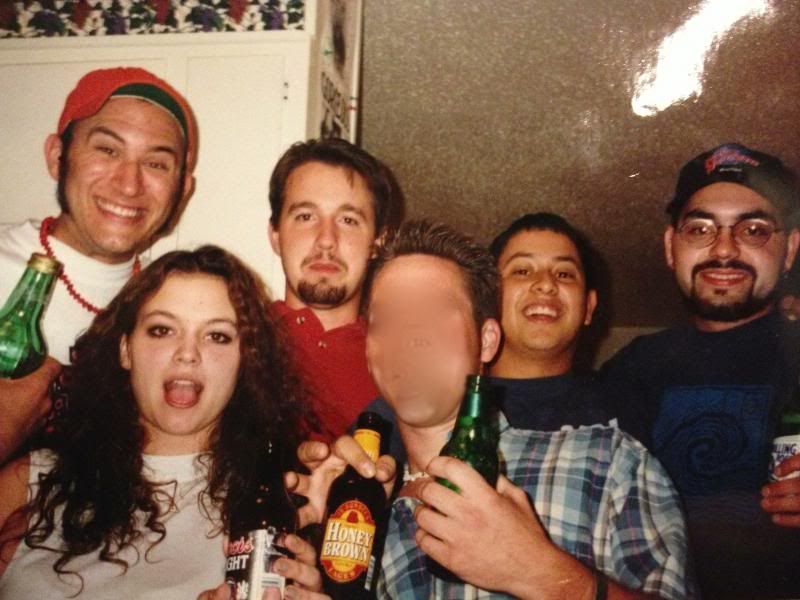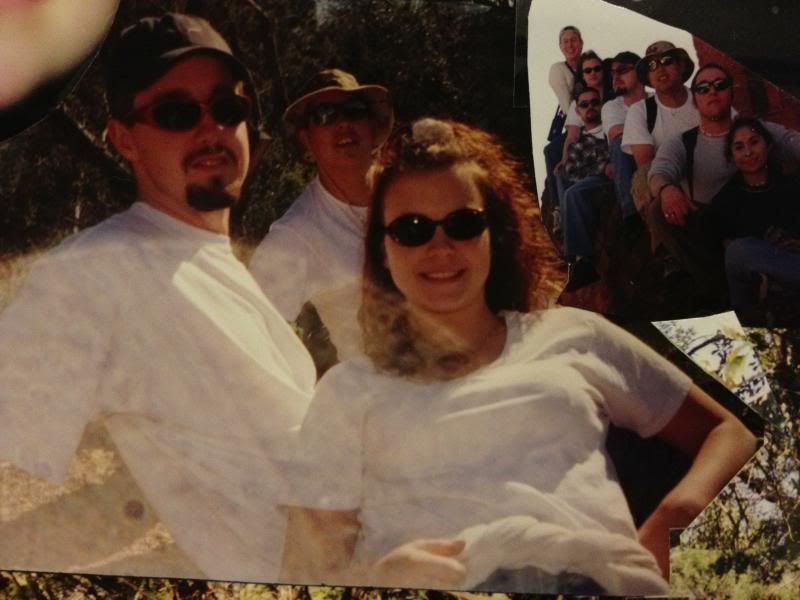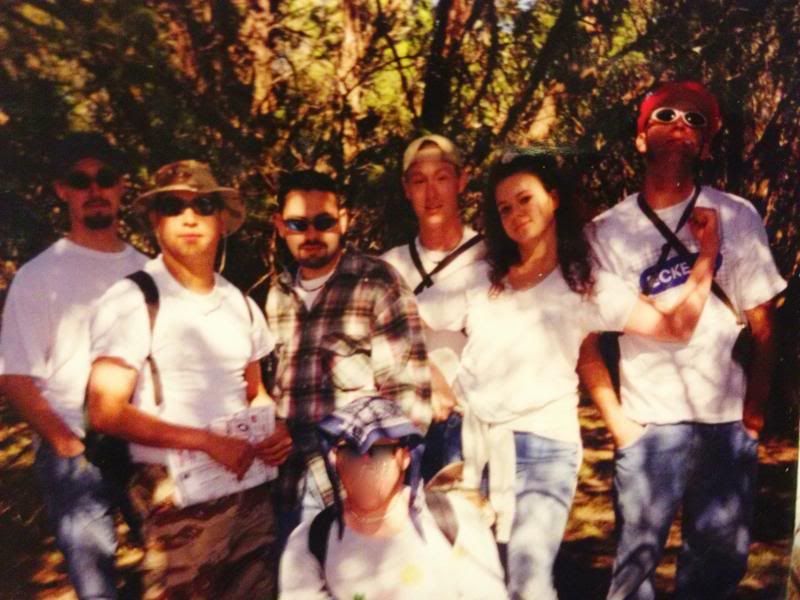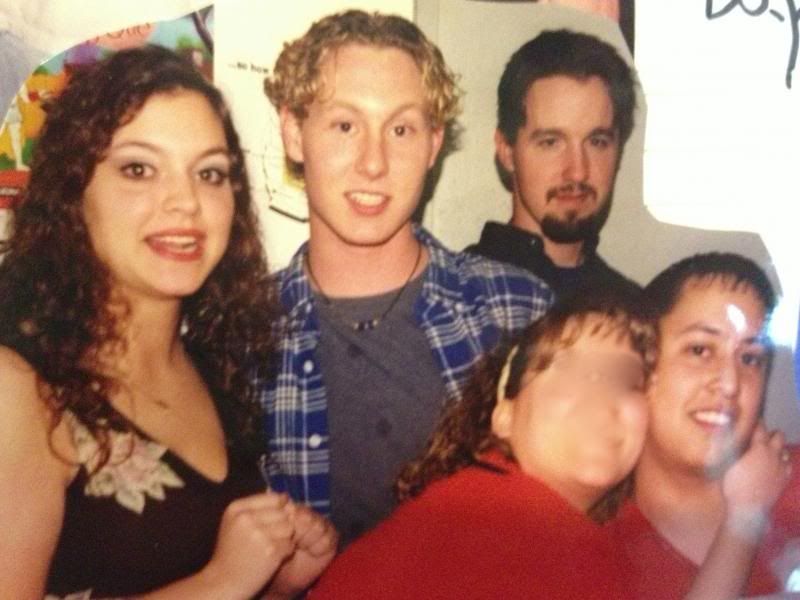Comfort
Blogtember 20th- "React to this term: comfort"
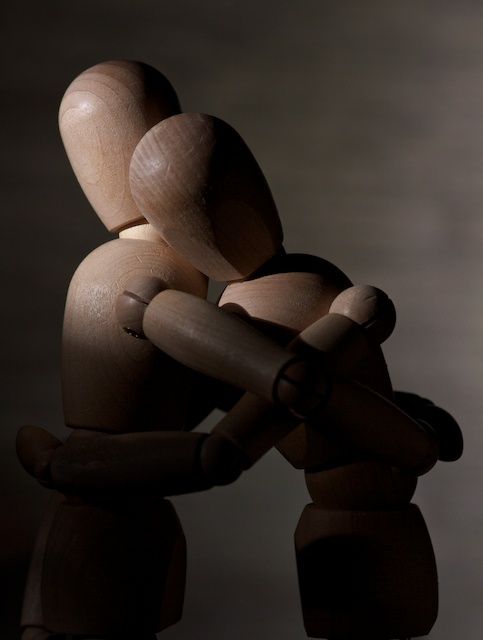
source
I guess I think about how a little comfort can go a long way. Comfort is a way to ease pain (physically or mentally). It is way to remove stress and frustration for just a little while. I work with very special children who struggle and face challenges on a daily basis. Some have autism, some have cerebral palsy, some have Usher's syndrome, some have CHARGE syndrome, some are intellectually disabled, some have to be fed through tubes, some are legally blind and all of them are deaf.
Some times, they struggle with communicating their basic wants and needs. This can be very frustrating, scary, and dangerous at times.
Imagine you have a splinter in your big toe and it is hurting like heck but your arms are paralyzed and you speak a totally different language than those around you. You try and try to explain about your splinter. All you want to do is have someone remove it for you so the pain will stop. Instead of helping, people get mad at you or they assume you are talking about something else. They might say, "Oh, you want something to drink?" You cant move your arms or hands so the "helper" brings the water to your mouth and tries to make you drink. You jerk your head back and stare at your foot, hoping they will follow your eye gaze.
But they don't.
They try the water thing again.
This happens over and over and you eventually can't take it any more. You get so frustrated you start banging your legs against the ground. Someone comes over to you and tries to stop your kicking. they grab your foot, and unknowingly press down on the toe with the splinter. You scream in pain. They jump back in surprise. Then they get upset. Their brow furrows and their face turns red. "WHAT IS WRONG WITH YOU?" They scream. You don't understand their words but you understand the tone of their voice. Now you are scared.
Someone else comes over, sees that you are frustrated, scared and possibly in pain. They don't know what is wrong, but they can see how upset you are. They sit next to you and gently put their arm around you. You lay your head on their shoulder and cry for a little while.
You start to feel a little better because the person next to you is comforting you. Comforting you from your mental anguish. They don't know about the splinter but they are not trying to force water down your throat either.
After you relax a bit, the comforter looks you in the eyes and waits for you to communicate. You slowly move your eyes to look at your foot. They follow your gaze and point to your shoe. You nod your head yes. They untie the laces and remove your shoe. You continue to stare at your foot until they remove the sock. Now they can see the splinter and they remove it. The relief is immediate. Comfort from physical pain.
Situations very close to this scenerio happen on a daily basis at my job. Some people naturally know how to be kind, patient, and comfort and others are ignorant and act like prison guards. The second type of person does not last long at my work place.
: )


source
I guess I think about how a little comfort can go a long way. Comfort is a way to ease pain (physically or mentally). It is way to remove stress and frustration for just a little while. I work with very special children who struggle and face challenges on a daily basis. Some have autism, some have cerebral palsy, some have Usher's syndrome, some have CHARGE syndrome, some are intellectually disabled, some have to be fed through tubes, some are legally blind and all of them are deaf.
Some times, they struggle with communicating their basic wants and needs. This can be very frustrating, scary, and dangerous at times.
Imagine you have a splinter in your big toe and it is hurting like heck but your arms are paralyzed and you speak a totally different language than those around you. You try and try to explain about your splinter. All you want to do is have someone remove it for you so the pain will stop. Instead of helping, people get mad at you or they assume you are talking about something else. They might say, "Oh, you want something to drink?" You cant move your arms or hands so the "helper" brings the water to your mouth and tries to make you drink. You jerk your head back and stare at your foot, hoping they will follow your eye gaze.
But they don't.
They try the water thing again.
This happens over and over and you eventually can't take it any more. You get so frustrated you start banging your legs against the ground. Someone comes over to you and tries to stop your kicking. they grab your foot, and unknowingly press down on the toe with the splinter. You scream in pain. They jump back in surprise. Then they get upset. Their brow furrows and their face turns red. "WHAT IS WRONG WITH YOU?" They scream. You don't understand their words but you understand the tone of their voice. Now you are scared.
Someone else comes over, sees that you are frustrated, scared and possibly in pain. They don't know what is wrong, but they can see how upset you are. They sit next to you and gently put their arm around you. You lay your head on their shoulder and cry for a little while.
You start to feel a little better because the person next to you is comforting you. Comforting you from your mental anguish. They don't know about the splinter but they are not trying to force water down your throat either.
After you relax a bit, the comforter looks you in the eyes and waits for you to communicate. You slowly move your eyes to look at your foot. They follow your gaze and point to your shoe. You nod your head yes. They untie the laces and remove your shoe. You continue to stare at your foot until they remove the sock. Now they can see the splinter and they remove it. The relief is immediate. Comfort from physical pain.
Situations very close to this scenerio happen on a daily basis at my job. Some people naturally know how to be kind, patient, and comfort and others are ignorant and act like prison guards. The second type of person does not last long at my work place.
: )






